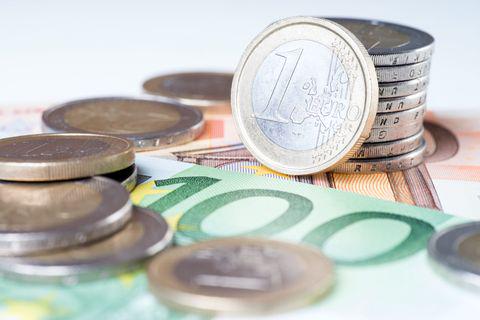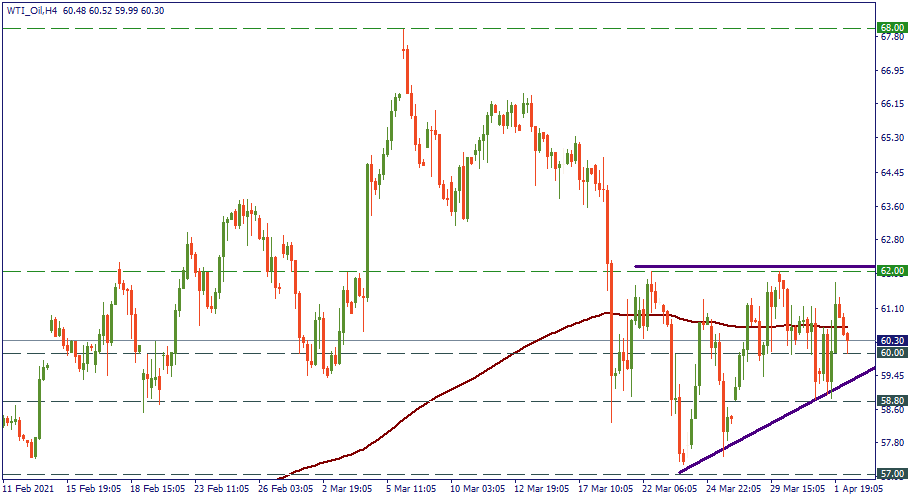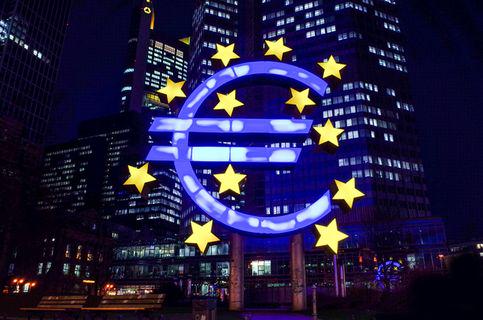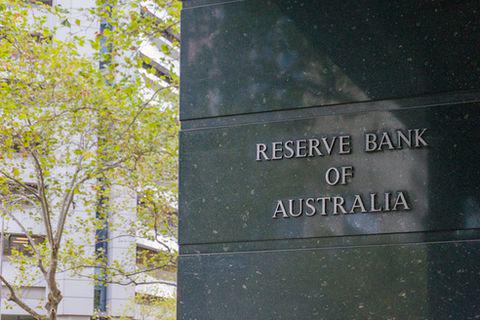
Recently, for the first time in two decades, the euro reached parity with the US dollar…

Don’t waste your time – keep track of how NFP affects the US dollar!
Data Collection Notice
We maintain a record of your data to run this website. By clicking the button, you agree to our Privacy Policy.

Beginner Forex Book
Your ultimate guide through the world of trading.
Check Your Inbox!
In our email, you will find the Forex 101 book. Just tap the button to get it!
Risk warning: ᏟᖴᎠs are complex instruments and come with a high risk of losing money rapidly due to leverage.
68.53% of retail investor accounts lose money when trading ᏟᖴᎠs with this provider.
You should consider whether you understand how ᏟᖴᎠs work and whether you can afford to take the high risk of losing your money.
Information is not investment advice
OPEC+ meeting last week was concluded with the following results:
The decision was rather unexpected. While some of the cartel’s members (Russia) were known for pushing to roll back oil supply, most of the other members were believed to follow a conservative and cautious course of Saudi Arabia. The latter advised it’s time to “test” the market and review results on April 28 when the next meeting is scheduled.
However, while the OPEC’s decision was a result of inner compromise rather than a true belief in the confident demand recovery, observers are not pessimistic on the latter. Therefore, the upside is still a possible projection area for the oil price.
Currently, WTI oil is fluctuating around $60. After it reached $68 at the beginning of March, it never came back. Moreover, it lost more than $10 of value dropping to $57 later on. Since then, higher lows have been forming suggesting that the downward correction may be over. As the technical pattern of the triangle indicates, sideways movement may extend through the middle of April until bulls come back to take over and break the resistance of $62.


Recently, for the first time in two decades, the euro reached parity with the US dollar…

The second earnings season of 2022 has almost begun. From banks and tech stocks to cars and the retail sector: in this outlook, we covered the most promising releases of this summer and made several projections on the companies’ prospects.

The stock market has reversed, and now it’s going lower and lower…

eurusd-is-falling-what-to-expect-from-the-future-price-movement

Greetings, fellow forex traders! Exciting news for those with an eye on the Australian market - the upcoming interest rate decision could be good news for Aussies looking to refinance or take out new loans. The Mortgage and Finance Association Australia CEO, Anja Pannek, has...

Hold onto your hats, folks! The Japanese yen took a nosedive after the Bank of Japan (BOJ) left its ultra-loose policy settings unchanged, including its closely watched yield curve control (YCC) policy. But wait, there's more! The BOJ also removed its forward guidance, which had previously pledged to keep interest rates at current or lower levels. So, what's the scoop? Market expectations had been subdued going into the meeting, but some were still hoping for tweaks to the forward guidance to prepare for an eventual exit from the bank's massive stimulus
Your request is accepted.
We will call you at the time interval that you chose
Next callback request for this phone number will be available in 00:30:00
If you have an urgent issue please contact us via
Live chat
Internal error. Please try again later